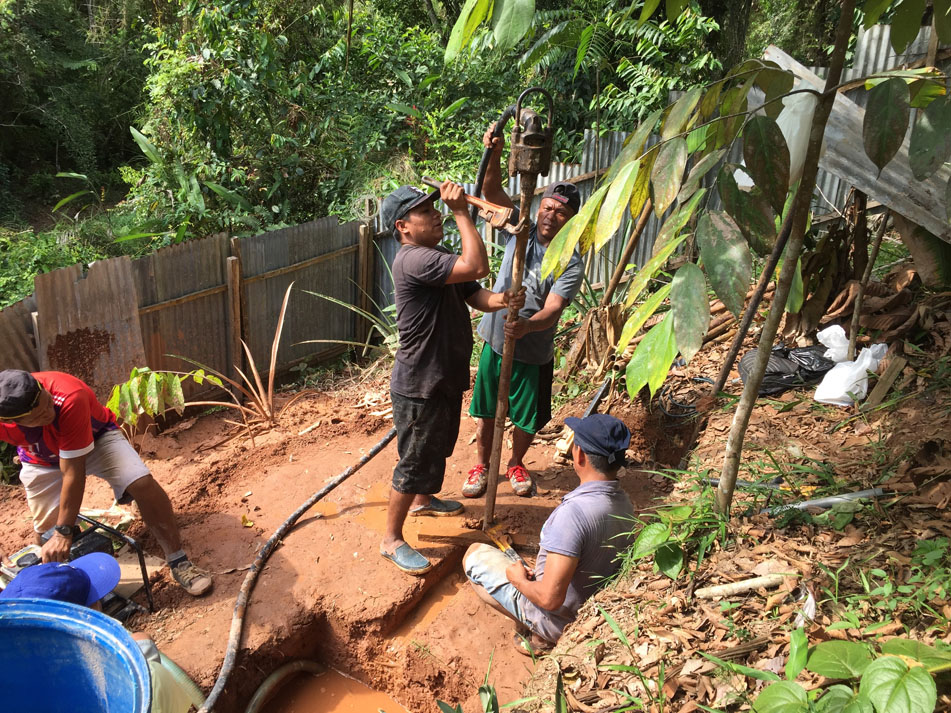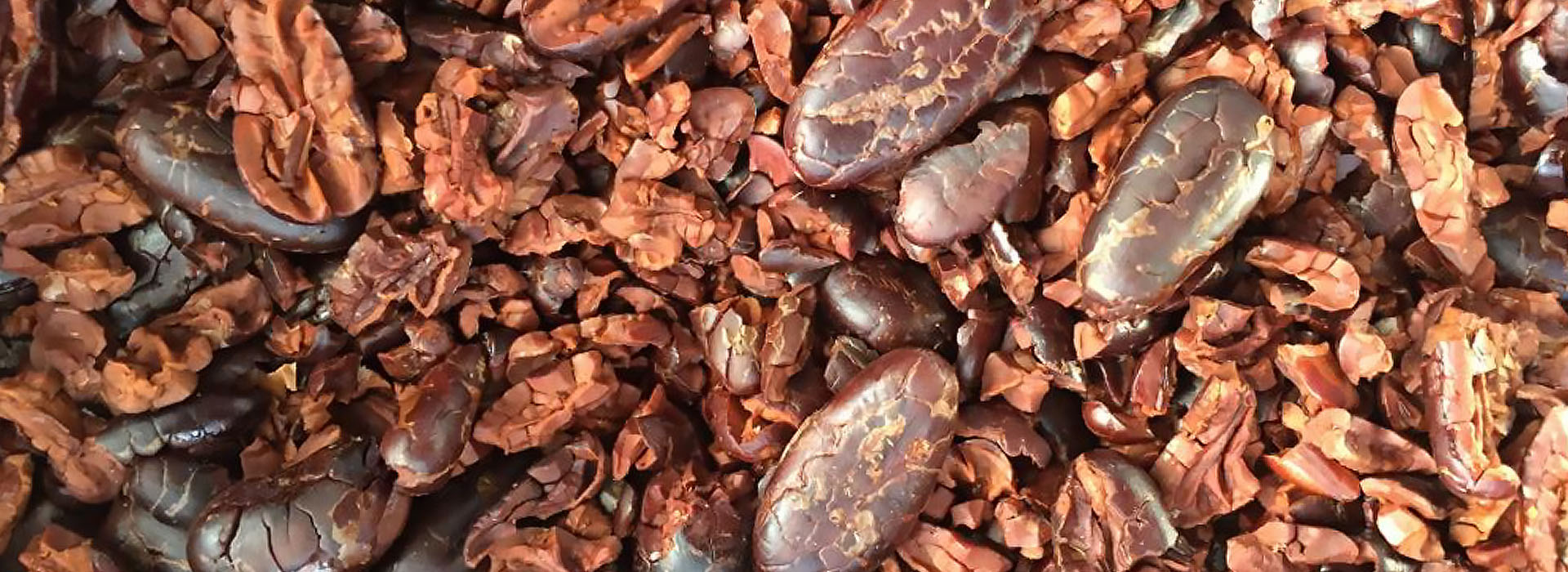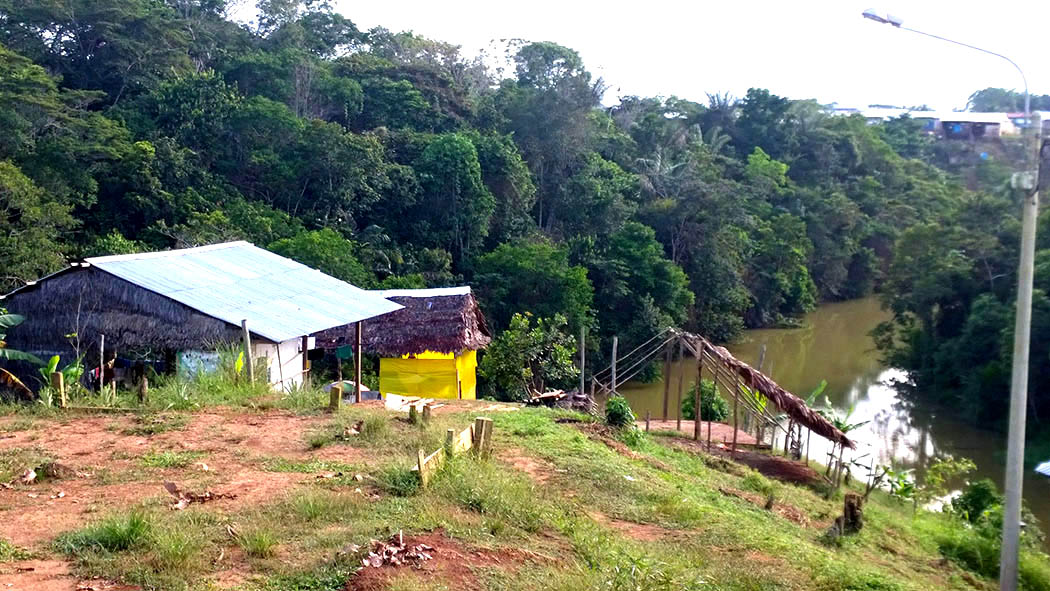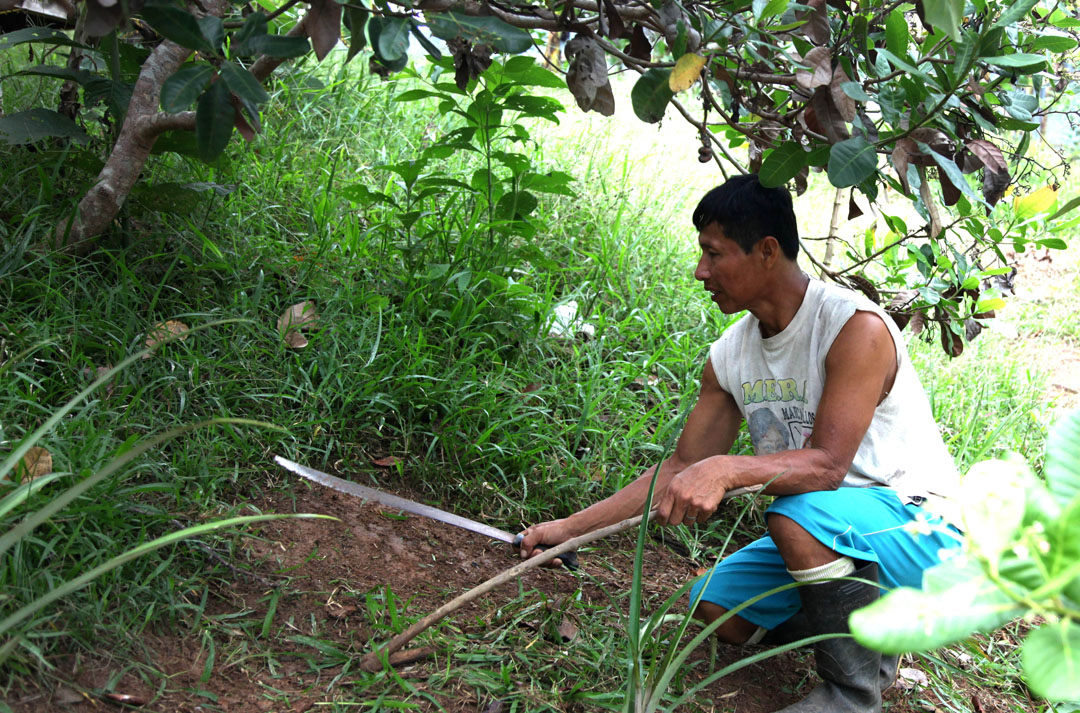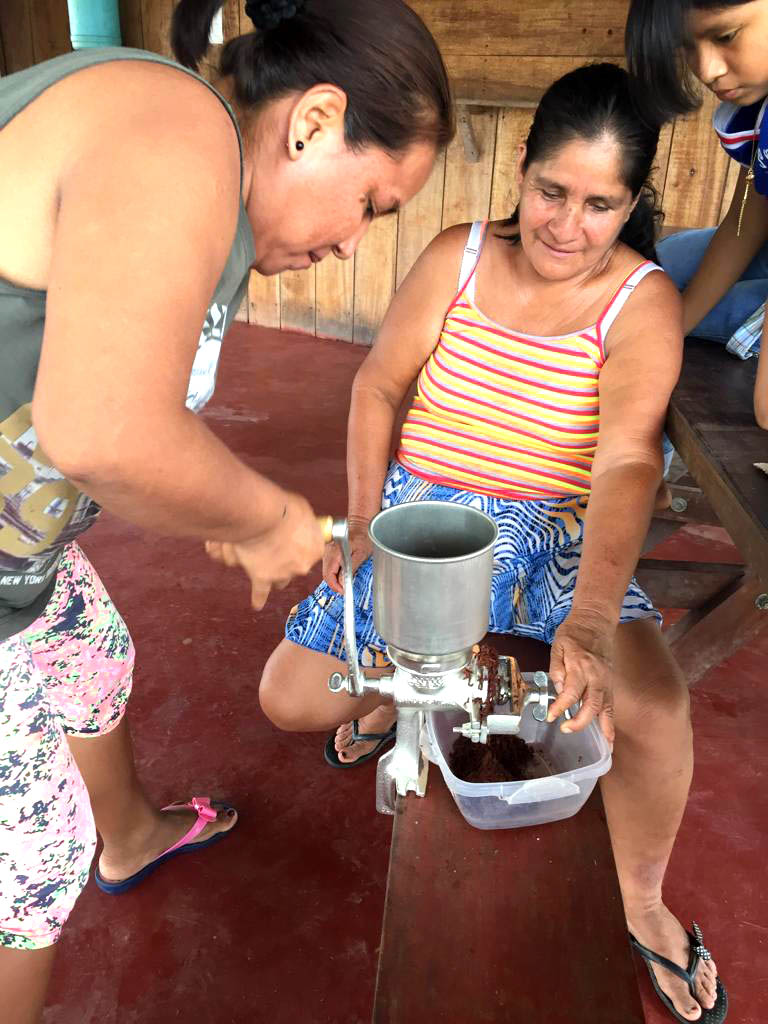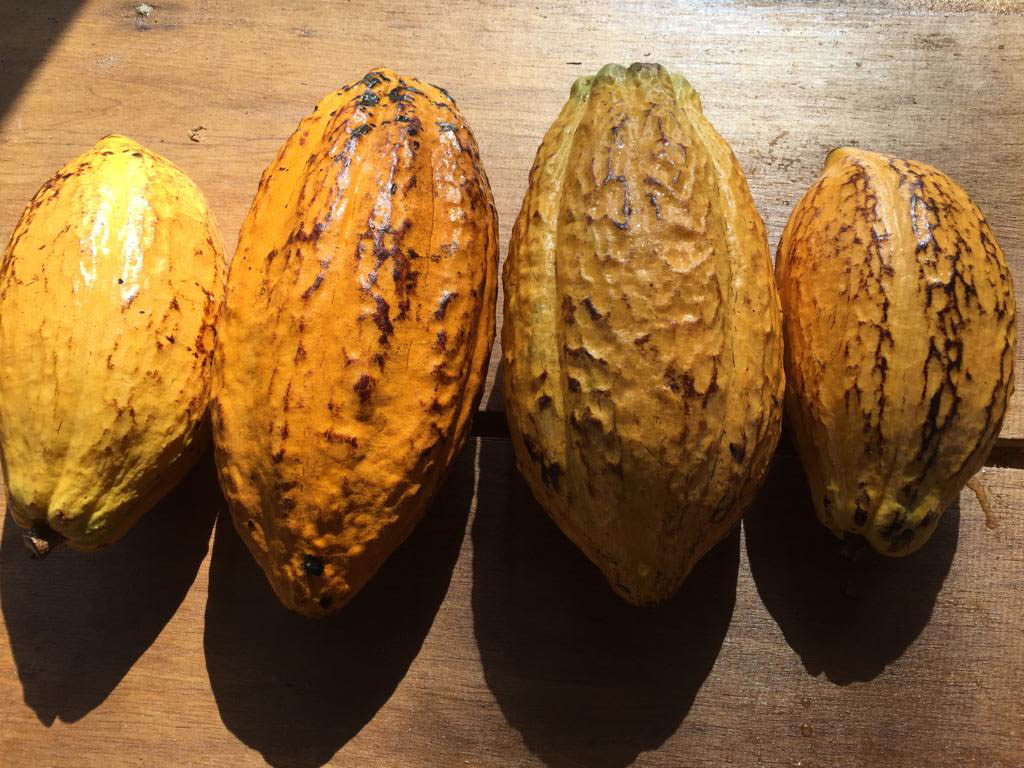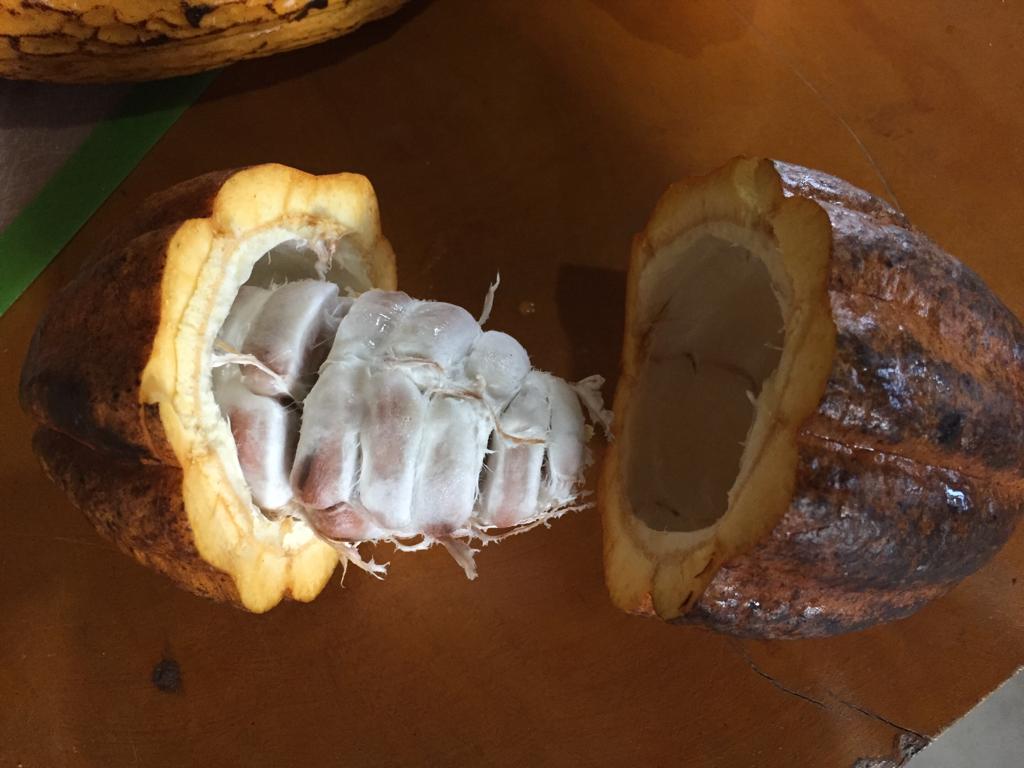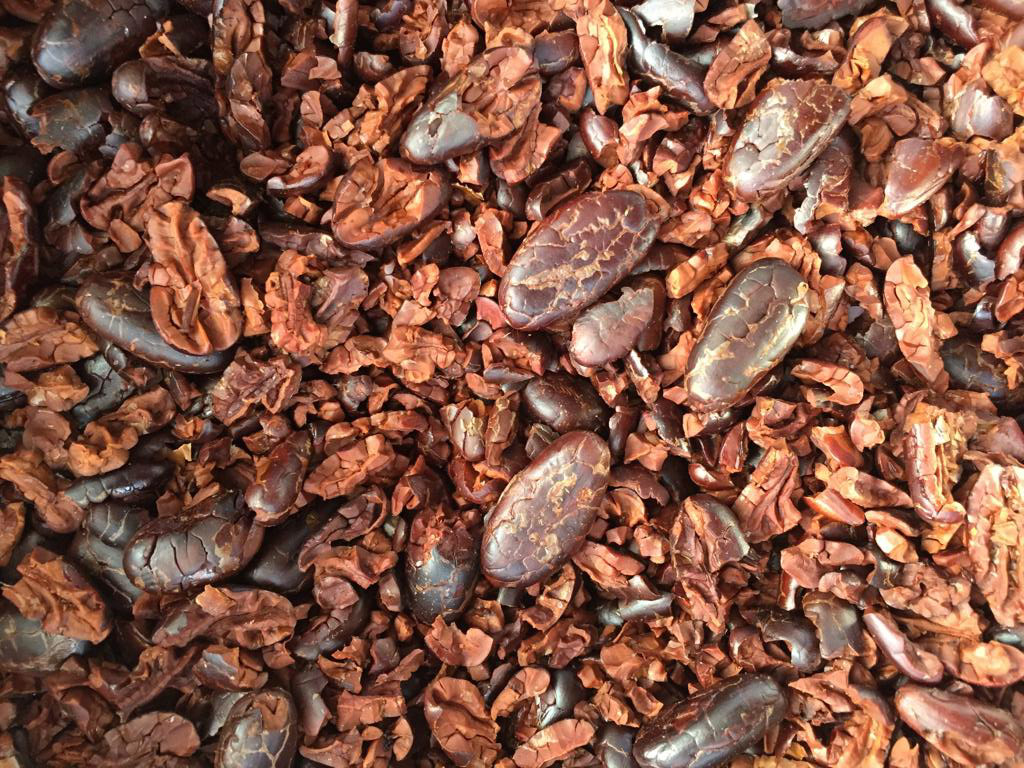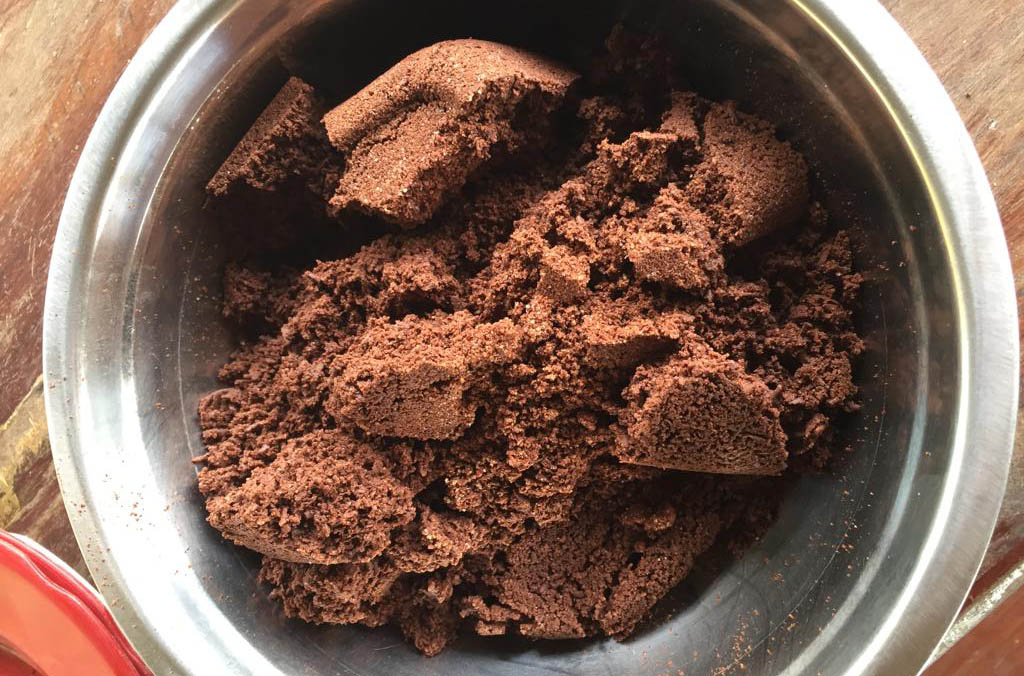Calling all stewards
Calling all stewards
Looking after the planet just got easier
Creation stewardship is crucial to our mission, and to our faith. It’s why BMS World Mission was on the streets with Christian Climate Action earlier this week. It’s why we’ve been supporting creation care initiatives for years. And it’s why we’re encouraging you to do what you can in the fight for climate justice. Not everyone can join a demonstration, but by using our new carbon calculator, you can offset your carbon footprint and put that money straight back into the environment.
Come with us to a fragile desert ecosystem – one that’s home to the peoples of the Tibesti region in mountainous northern Chad. We’re in the mid-Sahara Desert, so as you may imagine, medical provision in this remote and unyielding environment might be hard to come by. But travel to the oasis town of Bardaï, and you’ll meet BMS medical workers Andrea and Mark Hotchkin. They’ve lived here for years, supporting the government hospital which provides 24-hour healthcare (whether through life-saving surgeries or supporting safe childbirth) to the communities who need it.
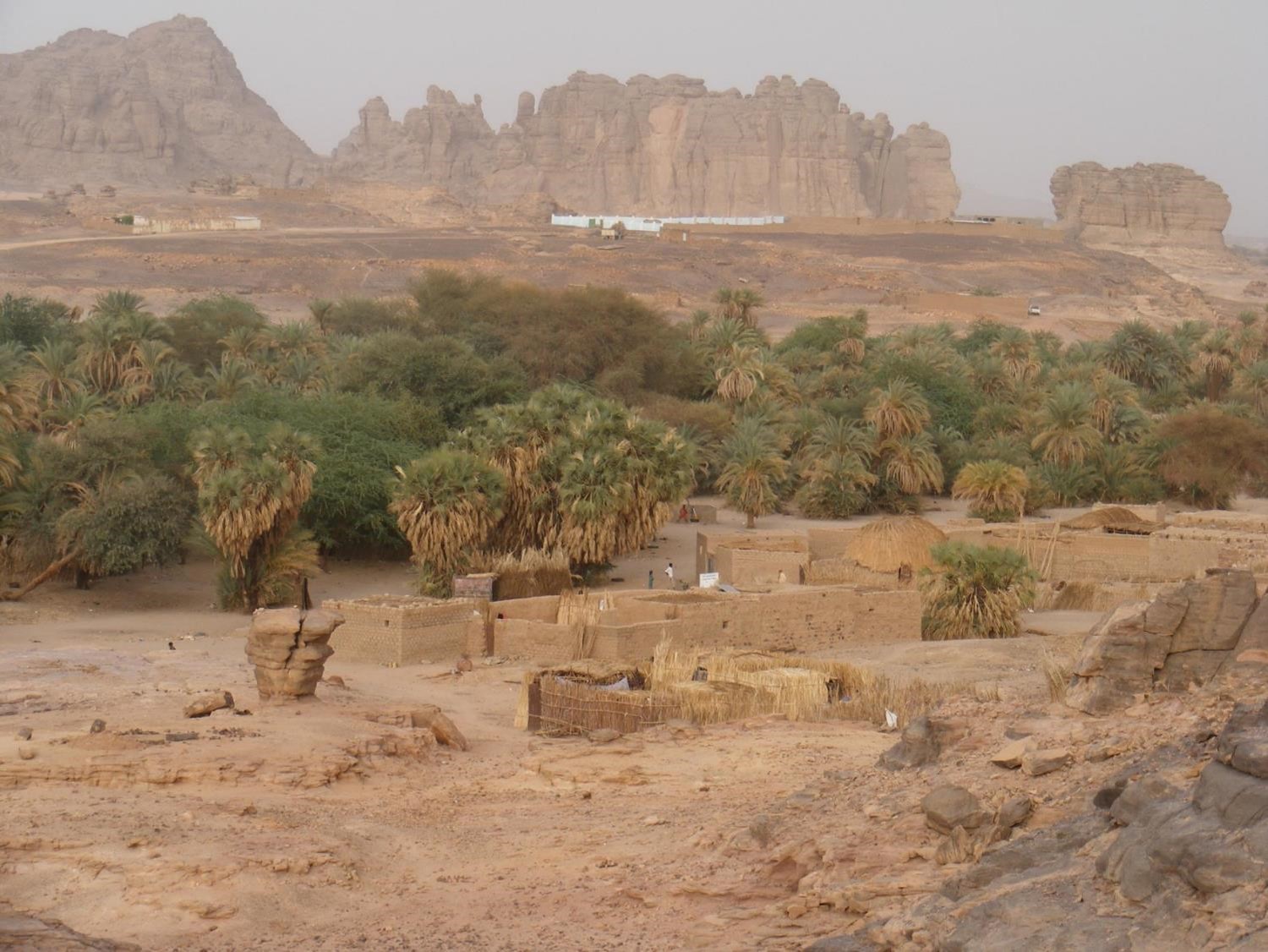
The sad irony is that this beacon of life and health has traditionally had to rely on diesel generators to get electricity pumping round its wards. Like any hospital, the one in Bardaï needs to keep life-giving medication refrigerated and crucial equipment powered for use in medical and surgical emergencies. But that meant 35,000 litres of diesel fuel per year being burned up in a 60KW generator, releasing 90,000kg of greenhouse-generating CO2 into a delicately balanced desert climate. The generator was expensive, limited, and damaging. But in a place as remote as Bardaï, it used to be the only option.
“Used to be”, because the Bardaï hospital project is the first BMS project to receive the Climate Stewards Seal of Approval. Under the scheme, money raised through offsetting carbon is invested in supporting green initiatives to protect our planet – starting in Bardaï. Where diesel used to fuel the hospital, solar panels now power a majority of its needs. And when you choose to offset what you can’t reduce in your own carbon footprint, you become part of this incredible solution – reducing emissions in Bardaï and, as more creation care and carbon reduction projects come online, around the world.
Soon, by calculating and offsetting your carbon emissions with the BMS Carbon Calculator, you will be a part of initiatives that meet the high standards of Climate Stewards and that do something real and valuable to fight climate change. From emissions-reducing efforts in Christ-glorifying ministries like the Bardaï hospital project, to planting trees for carbon capture and oxygen production, BMS is committed to being part of the solution to our climate crisis, and to doing it in the name of Jesus.
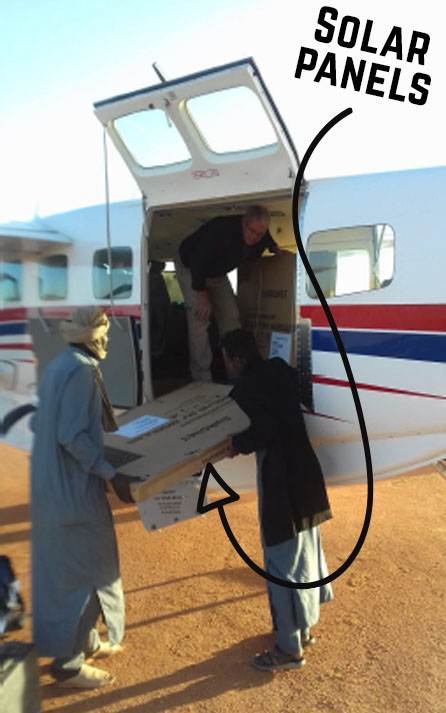
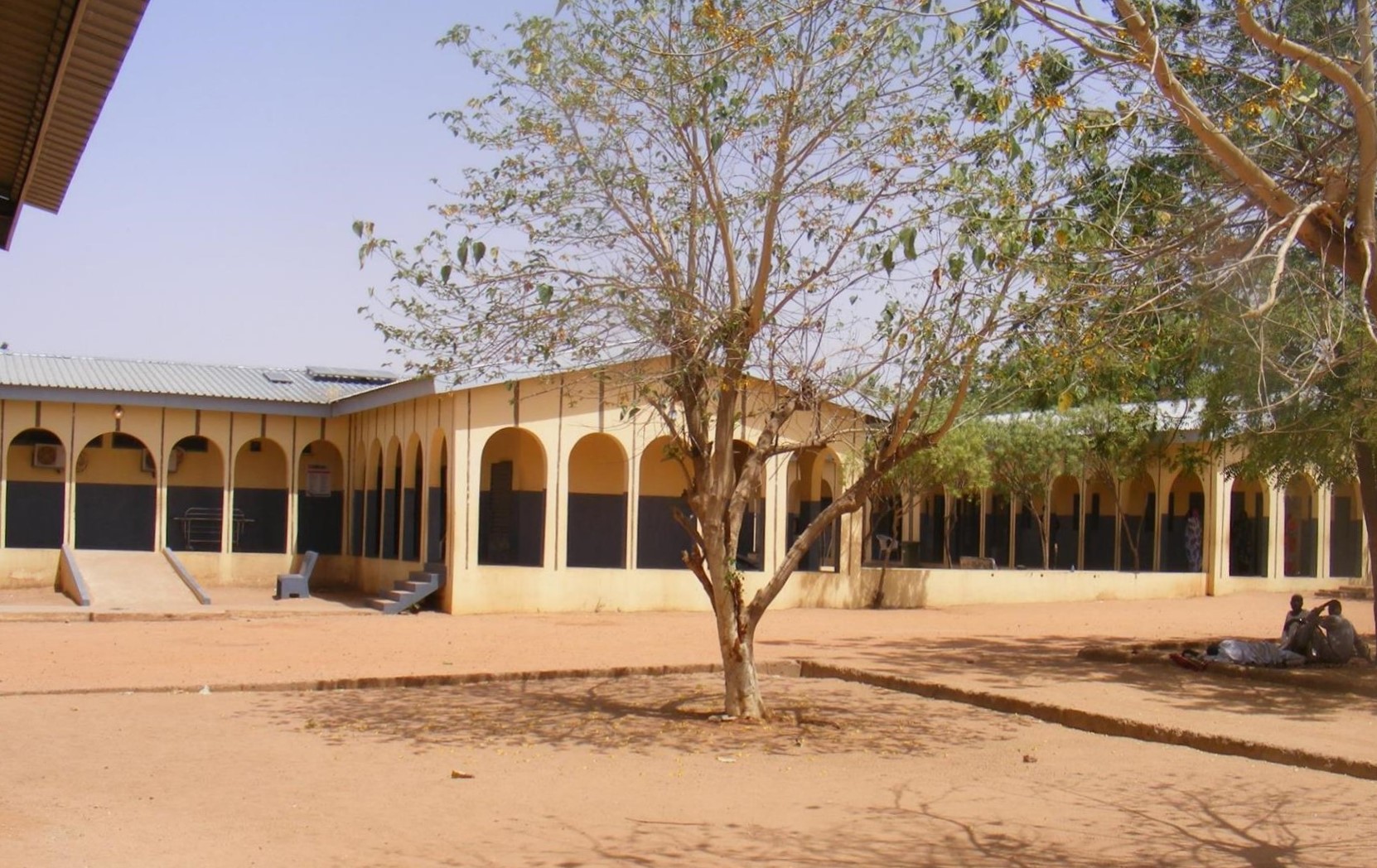
The Bardaï solar panels will save an estimated 1,578 tonnes of carbon emissions over a period of 20 years, representing an 87 per cent reduction in annual fuel consumption. To put that into context, the yearly saving is equivalent to the output of 24 standard UK cars, and the financial saving for the hospital equivalent to six months’ worth of life-saving medications.
It’s also going to improve lives by improving reliable power. The old generator’s output was patchy, meaning patients might give birth by torchlight at night. The new solar panels allow the hospital to function for 24 hours a day with proper lighting and refrigeration of medications – enabling better care, more thorough cleaning, safer operations and a hugely better atmosphere for patients and staff. And it’s hoped that the solar panels will generate interest from the local community, raising awareness of green energies and better alternatives for fuelling life in Bardaï.
God gave us a world to take care of. Doing so doesn’t need to be a choice between helping people and being good stewards. Praise God for this opportunity to do both!
At BMS World Mission, we want to encourage you to reduce what you can. But for carbon emissions you can’t reduce, our calculator will allow you to invest in greener solutions for some of the most fragile places on earth. Take positive action in responsible stewardship, and try the calculator today!

Words by Hannah Watson, Editor of Engage, the BMS World Mission magazine.



